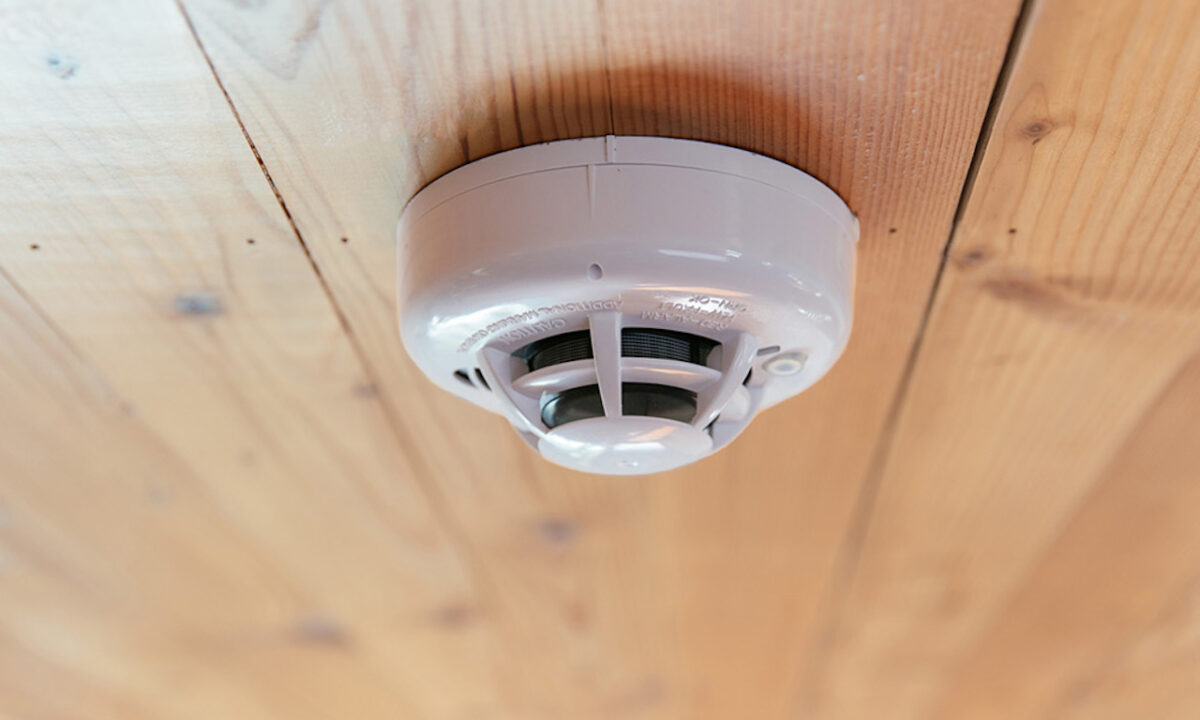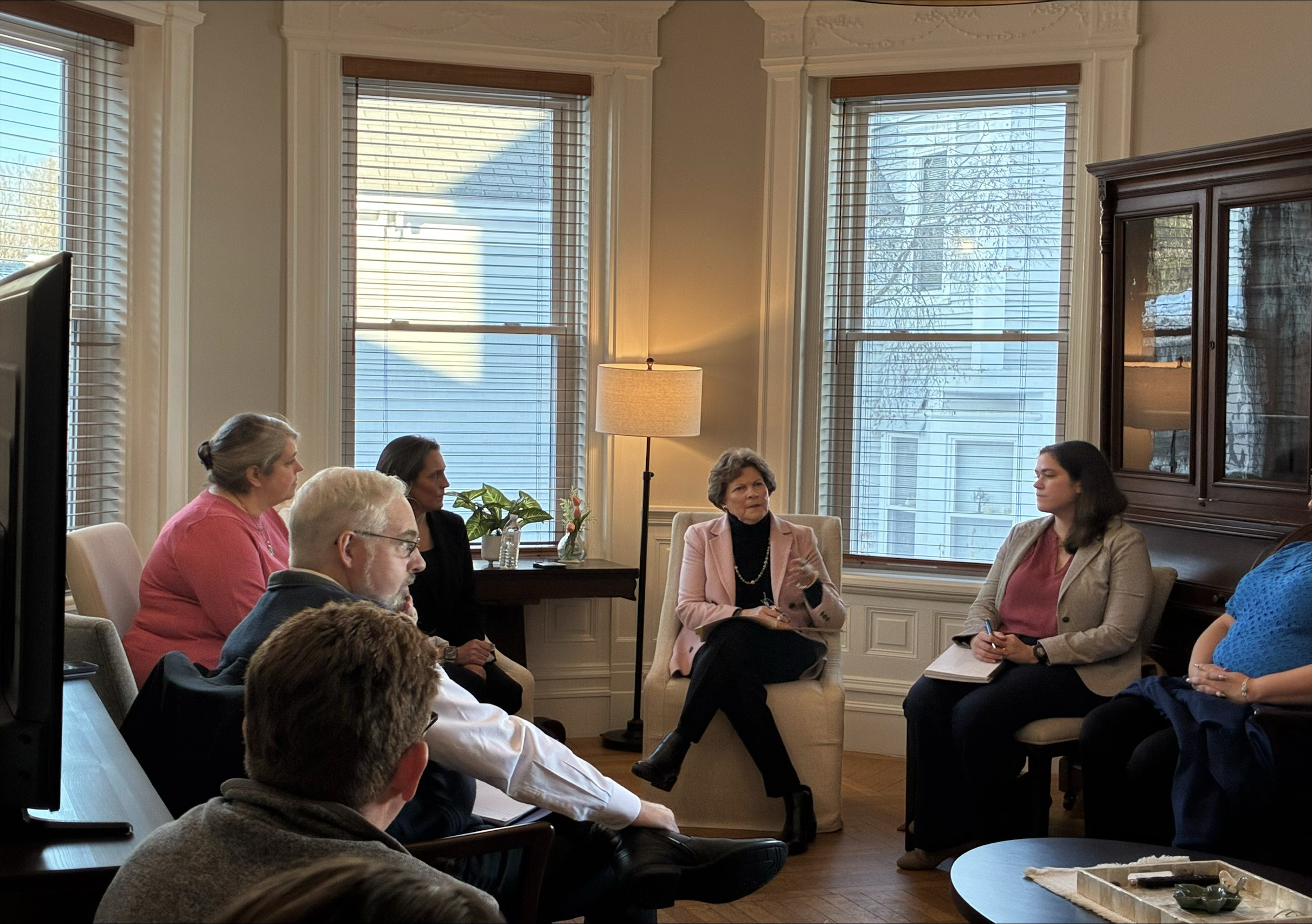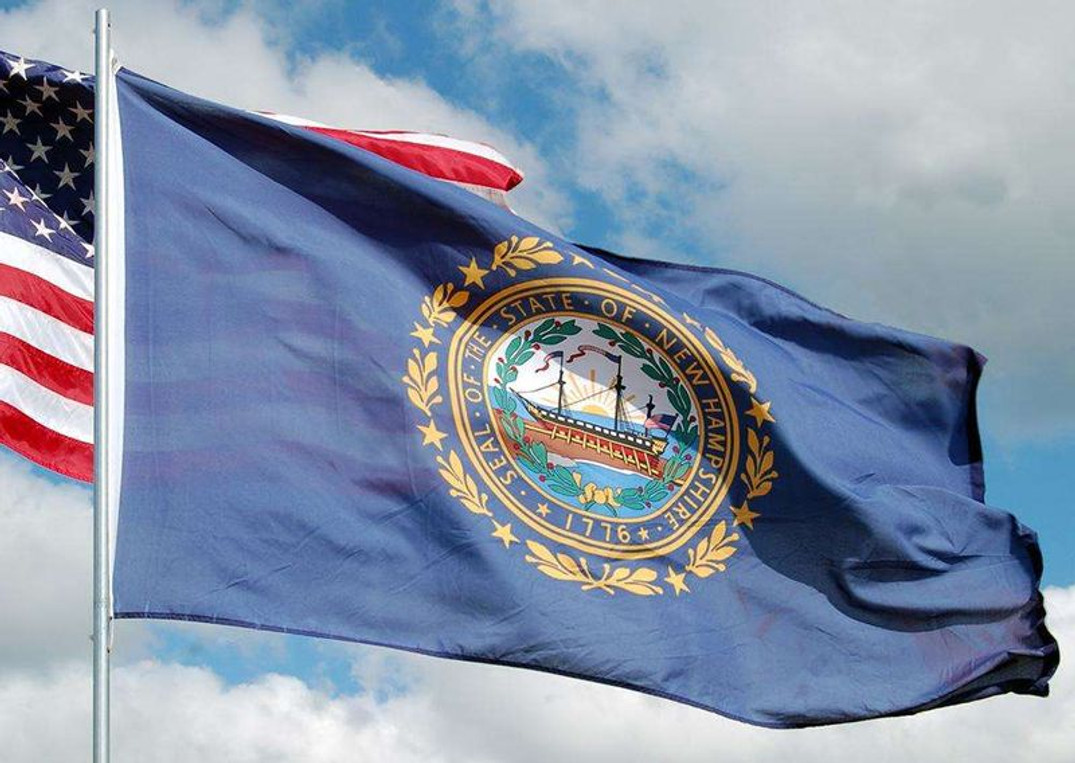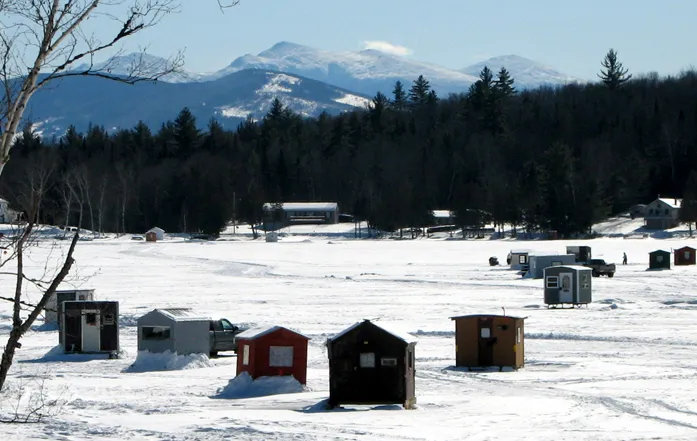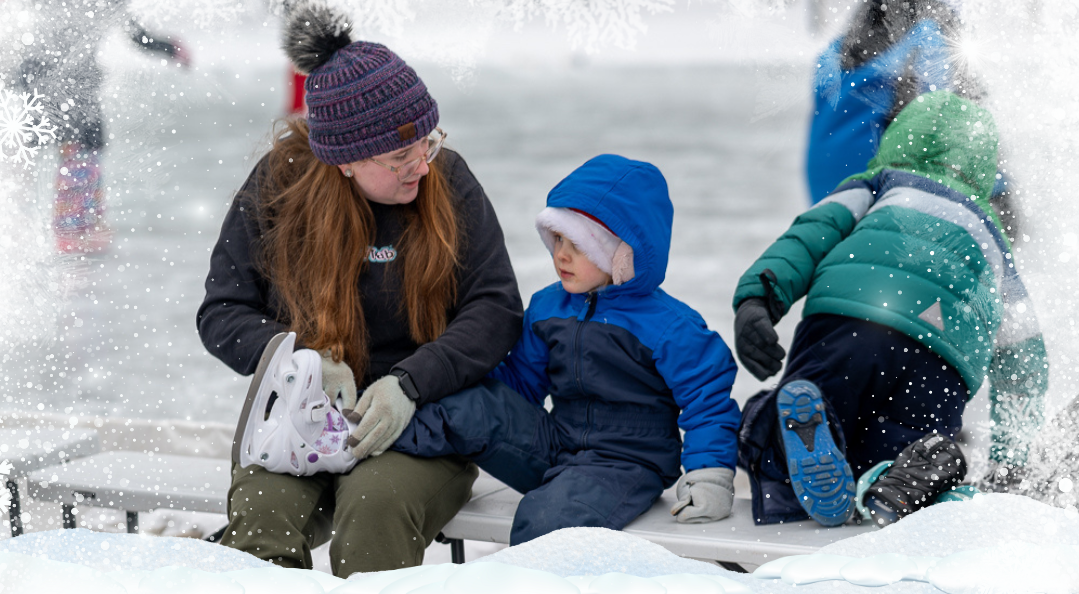As residents of New Hampshire begin to heat their homes in response to cooler daytime and evening temperatures, fire departments and emergency responders anticipate an increase in calls related to carbon monoxide exposure and heat-related fires.
Heating is a top cause of home fires in New Hampshire, with nearly 2,000 fires related to heating over the last five years. According to State Fire Marshal Sean P. Toomey, “Keep anything that can burn 3 feet away from space heaters, fireplaces, wood stoves, and radiators.”
It’s also important for residents to be aware of the dangers of carbon monoxide (CO) poisoning. Toomey reminds everyone that CO is a highly toxic gas that is created by devices that burn fuels commonly used by heating systems in our region. These include oil, wood, gas, charcoal, and kerosene. It’s especially dangerous because carbon monoxide is invisible, odorless, and tasteless. As we stay indoors during the heating season, acute or chronic poisoning can be a serious threat.
Accidental CO poisoning can happen when people breathe it in, and can enter through the body’s blood, brain, heart, and muscles. Acute poisoning happens by breathing in large amounts of carbon monoxide in a short amount of time. Chronic poisoning occurs by breathing in small amounts of carbon monoxide over a longer period of time. Once carbon monoxide reaches the bloodstream, it can quickly replace oxygen and create a toxic overload that may become deadly. That is why CO alarms are so important.
Infants, elderly people, unborn babies, and people with anemia or a history of heart or respiratory disease can be especially susceptible. Symptoms include headache, dizziness, weakness, nausea, vomiting, sleepiness and confusion. Marshal Toomey warns, “Do not ignore symptoms, especially if more than one person is feeling them. If you suspect CO poisoning, immediately get outside to fresh air, then call 911.”
Top Safety Tips:
- Install Smoke & CO Alarms: Place smoke alarms inside bedrooms and outside sleeping areas and make sure you have at least one on every level, including the basement. Remember to test them monthly. CO alarms should be installed in a central location outside each sleeping area and on every level of the home, including the basement. Replace smoke alarms every 10 years and carbon monoxide alarms every 5-7 years, per manufacturer instructions.
- Annual Inspections: Have heating systems and chimneys inspected and cleaned every year by a qualified professional.
- Use Heaters Safely: Keep anything that can burn at least three feet away from heaters and never use an oven for heating.
- Follow Instructions: Always use the right fuel for your heating devices and follow the manufacturer’s instructions carefully.
Heating Safety Facts:
- Nearly half of home heating fires occur during the winter months.
- The National Carbon Monoxide Awareness Association estimates that only 14% of homes have properly functioning CO alarms.
- Space heaters are involved in some heating-related fatalities. Ensure they have an automatic shut-off feature and are plugged directly into wall outlets.
- Chimney fires are a major concern—inspect chimneys annually to prevent blockages.
Sources of Carbon Monoxide
- Inside the Home: Stoves, ovens, air & water heating systems, boilers, furnaces, fireplaces, clothes dryers, vehicles in attached garages
- Outside the Home: Transportation (cars, boats, trucks, busses, airplanes, RVs), gas-powered engine driven tools (pressure-washers, concrete cutters, power trowels, compressors & pumps, lawn equipment), portable & fixed generators, portable heaters, charcoal & gas grills
- At Work: Welding equipment, forklifts & manufacturing equipment (LPG fueled, diesel fueled, gasoline fueled), kitchens, work trucks, auto repair, ice skating rinks
How to Reduce Risk of CO Poisoning
- Keep gas appliances properly adjusted.
- Do not use a gas oven to heat your hope, even for a short time.
- Do not use any gasoline-powered engines, such as portable generators, in enclosed spaces, including garages. Locate them at least 10 feet away, with the exhaust facing away from the building.
- Do not idle vehicles inside a garage
- Do not sleep in any room with an unvented gas or kerosene space heater
- Be sure all doors on wood stoves fit tightly
If you’re struggling with heating costs, assistance may be available through the NH Department of Energy. For more information, call (603) 271-3670 or visit www.energy.nh.gov.
Stay warm and safe this winter by following these tips and being aware of the risks. For more information about carbon monoxide and fire safety or prevention strategies, contact your local fire department or the NH State Fire Marshal’s Office at at (603) 223-4289 or fmo@dos.nh.gov.
